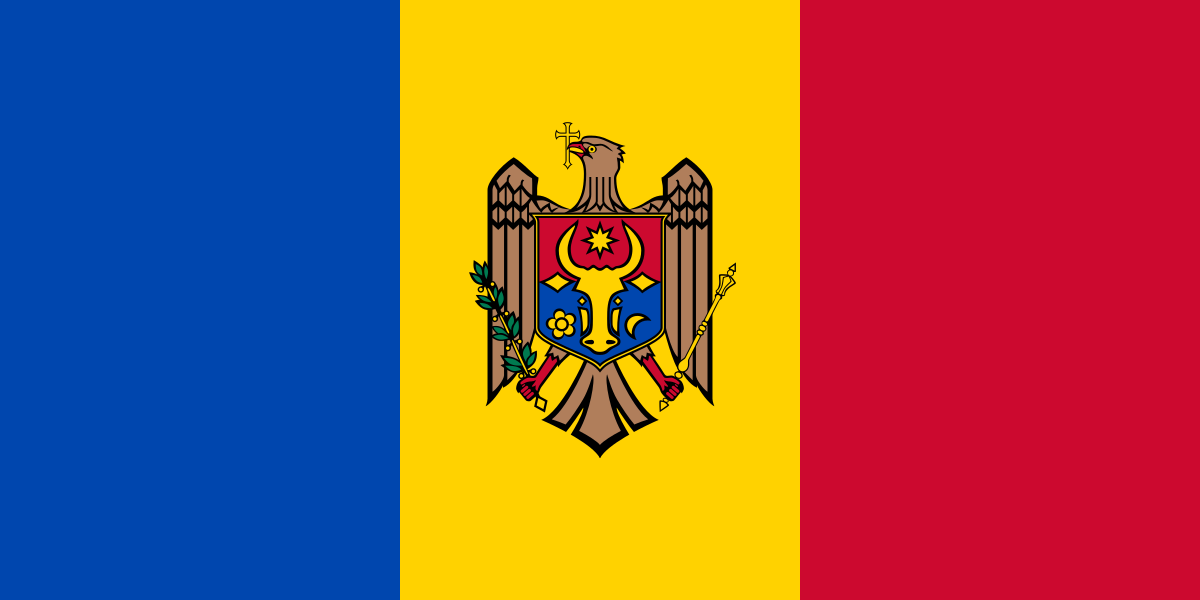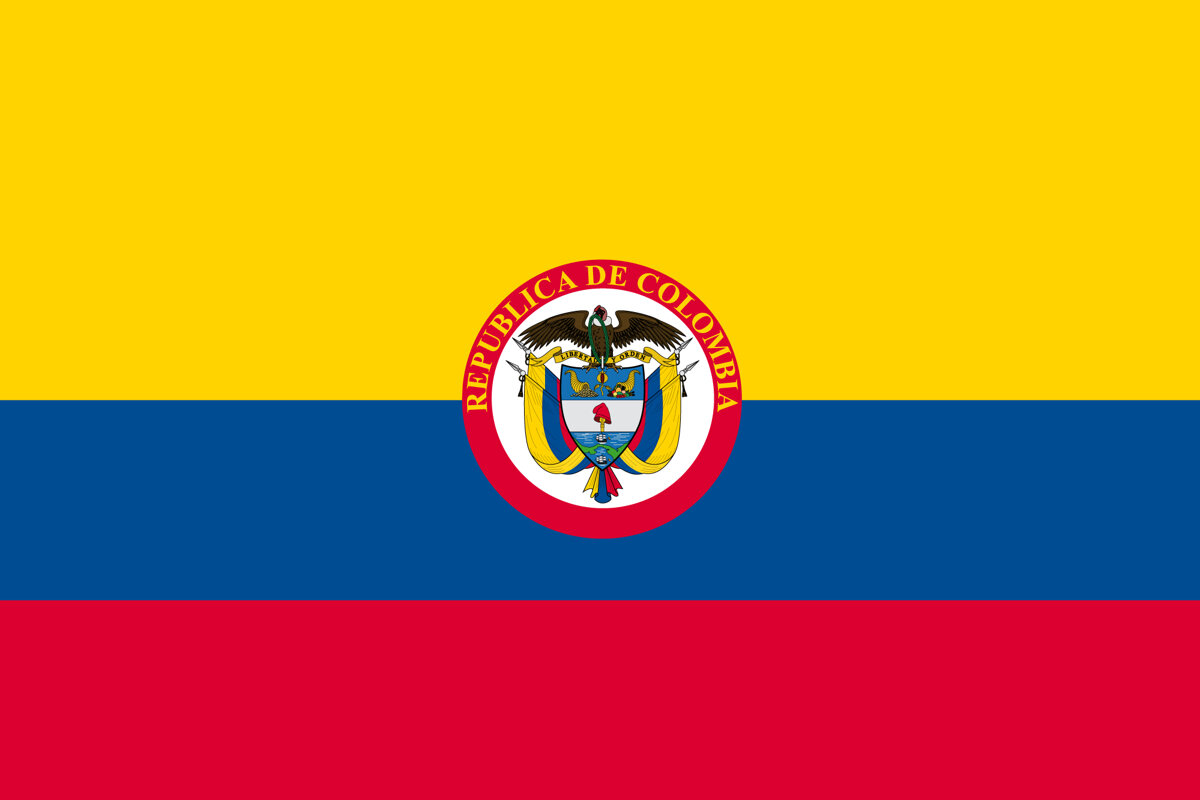Through the TAP program, FJA engages with up to three countries per year for up to one year each. Interested countries can initiate the engagement through a request to their Canadian Mission (Embassy or High Commission). The Canadian Mission completes a simple application form which is submitted to Global Affairs TAP headquarters in Ottawa.
If there are more than three requests for assistance in a year, they go through a competitive process which considers the availability of suitable expertise from FJA and Canada’s international development priorities, including Canada’s Feminist International Assistance Policy.
When a country program is confirmed, FJA chooses experts from the more than 1200 federally appointed judges across Canada, and other judicial system experts where required, and arranges deployments to the country.
All judges who participate in TAP are volunteers who take on this commitment on top of their judicial duties. Depending on the topics, FJA technical assistance may also include welcoming delegations from the partner countries to observe Canadian courts and judicial practices, and online supports such as webinars and consultation meetings.
In addition to the technical assistance provided to partner countries through TAP, TAP provides a unique opportunity for Canadian judges and judicial system experts to learn from and deepen their knowledge of the successes and challenges of judicial systems around the world.
Descriptions of past and current TAP country programs are available below.
Current country programs
REPUBLIC OF MOLDOVA
 Moldova emerged as an independent republic in 1991 following the collapse of the Soviet Union. It remains politically divided, with a powerful pro-Russia faction seeking to destabilize a pro-Western faction. Nevertheless, Moldova continues to make progress towards membership of the European Union.
Moldova emerged as an independent republic in 1991 following the collapse of the Soviet Union. It remains politically divided, with a powerful pro-Russia faction seeking to destabilize a pro-Western faction. Nevertheless, Moldova continues to make progress towards membership of the European Union.
One of the conditions for EU membership is meeting EU standards for judicial independence and operations of the judicial system. Major challenges for the judiciary include impunity for judicial improprieties (with outdated rules on judicial ethics and weaknesses in the accountability mechanisms); and corruption in the judicial system.
FJA engaged with Moldova for two years (2023-24 and 2024-25), partnering with the Superior Council of Magistracy (SCM) and the Ministry of Justice. The engagement started with an incoming mission to Canada, involving representatives from the SCM, the judiciary and the National Institute of Justice.
The focus of the mission was “Judicial Ethics and Judicial System Communications: Building Public Confidence in the Administration of Justice”. The successful visit of the Moldovan delegates to Canada laid the foundation for subsequent activities, emphasizing the adoption of Canadian best practices and enhancing key aspects of judicial operations in Moldova:
-
Judicial ethics and independence: A Canadian mission in March 2023 included several engagements on judicial accountability and ethics, followed by detailed comments by Canadian judicial experts on Moldova’s draft Code of Ethics, including commentary on the use of social media, sharing Canada’s recently adopted amendments to its own ethical guidelines. In May 2024 Canadian judges presented at a national conference on the themes of ethics and judicial independence, addressing Moldova-specific challenges such as conflicting views of younger judges related to freedom of expression, challenges at the European Court of Human Rights, and politicization of judicial reform.
-
Media relations: Canadian experts delivered several training sessions to judges and court personnel in Moldova on judicial relationships with the media and public communications and outreach. The project also recorded and provided the SCM with an online training course on court communications.
-
Virtual hearings: Canadian judges shared experiences and best practices on issues and challenges in virtual hearings, particularly transnational hearings.
-
Decision writing: A Canadian judge lectured at the National Institute of Justice on judicial decision writing, emphasizing concise legal writing, structuring legal opinions, and exploring the ethical dimensions of judicial communications.
-
Improving stakeholder communication and collaboration within the justice system: FJA provided precedents and organized a virtual meeting with representatives from the judicial stakeholder community (including judges, the bar association, and prosecutors) to explore the need for enhanced interdepartmental communication channels. This initiative underscored the importance of improving public service and coordinating reform efforts. In February 2024, the Chisinau Court of Appeal, in collaboration with the SCM, organized its first-ever public consultations.
Completed country programs
THE REPUBLIC OF SOUTH AFRICA (2023-2024)
 South Africa is dealing with a mix of challenges: alarming rates of sexual and gender-based violence which directly erode women and human rights; high rates of poverty and unemployment which impair basic human rights and dignity; severe corruption which has crippled state institutions by impeding the effective delivery of basic services.
South Africa is dealing with a mix of challenges: alarming rates of sexual and gender-based violence which directly erode women and human rights; high rates of poverty and unemployment which impair basic human rights and dignity; severe corruption which has crippled state institutions by impeding the effective delivery of basic services.
While South Africa has a robust judiciary that has proven to be a bulwark against state capture, corruption and human rights abuses, gaps exist that have an impact on human rights and especially women’s rights. The judiciary has played a crucial role in ensuring government accountability and transparency.
FJA engaged with South Africa in TAP Year 1 (2023-24). While the project’s start experienced a delay because judicial engagements awaited a pioneering meeting between the Chief Justices of the South African Constitutional Court and the Supreme Court of Canada – a step outside the scope of TAP and FJA and one that required careful planning – this led to a fruitful exchange.
Held in March 2024, the meeting between the respective Chief Justices was the first of its kind in the bilateral relations between the two countries.
Following that visit:
-
Intrajudicial communications: FJA hosted a webinar on intrajudicial communications with members of the South African judiciary, sharing Canadian practices and mechanisms for intra-judicial communications through a dedicated private internet platform for judges.
-
Impact of Artificial Intelligence on judicial proceedings: FJA provided information to the High Court on judicial responses in Canada and the US to the challenges posed by Artificial Intelligence to court systems and operations.
THE MONGOLIAN PEOPLE’S REPUBLIC (2022-2024)
 In 1990 Mongolia abolished a totalitarian system of government, and began to move towards political pluralism, democratic values and the rule of law. This process accelerated with constitutional amendments in 2019 to increase judicial independence, followed by new laws in 2021 to strengthen judicial institutions.
In 1990 Mongolia abolished a totalitarian system of government, and began to move towards political pluralism, democratic values and the rule of law. This process accelerated with constitutional amendments in 2019 to increase judicial independence, followed by new laws in 2021 to strengthen judicial institutions.
Mongolia is now pursuing an ambitious program to modernize and reform its judicial system. Mongolia has looked to the international community for help in these efforts.
FJA engaged with Mongolia for two years, from 2022 to 2024 (the pilot phase and the first year of the full project). Initially, FJA undertook to provide technical assistance in the areas of judicial ethics and accountability, and judicial public communications and media relations. As the relationship between the Canadian and Mongolian judiciaries deepened, the Mongolian partners requested more assistance, and undertook their own initiatives inspired by and sometimes modeled on Canadian precedents. Key partners in Mongolia were the Judicial General Committee (JGC), which has broad supervisory jurisdiction over judicial affairs, and the Judicial Disciplinary Committee (JDC).
Some of the key results of TAP in Mongolia:
-
Judicial Ethics: FJA helped Mongolia to develop a Code of Ethics for the judiciary and to create a judicial Ethics Advisory Committee (EAC). Once the EAC was established, FJA helped train its new members.
-
Judicial Disciplinary Committee: With FJA support, the JDC produced a comprehensive public guide to its procedures and how to make a complaint. The JDC also formulated an internal policy document on crisis communications to allow staff to handle high-profile or unexpected issues.
-
Media relations training: Canadian experts delivered an online training course on best practices on judicial outreach to the public and media relations. A total of 166 justice system personnel took the course, including judges, court officers, communications officers, IT officers and others.
-
Training program for new Chief Justices: FJA assisted with development of a syllabus for a training course for new Chief Justices. Chief Justices in Mongolia are appointed for each court and have a three-year term; thus, there is an urgent need for regular training and orientation.
-
First Mongolian Supreme Court Annual Report: After a Mongolian delegation visited the Supreme Court of Canada as part of a mission to Canada, Mongolia produced its own Supreme Court Annual Report, modeled on the Supreme Court of Canada Report.
-
“Roadmap” to implementation of the Open Court principle: With TAP support, the JGC and Mongolian NGO Legal Innovations produced a “roadmap” for implementation of the “Open Court” principle in Mongolia. The Open Court principle featured prominently in presentations to Mongolians about the Canadian judicial system.
-
Podcasts on judicial issues in Mongolia: Following the media relations trainings, members of the JGC and JDC recorded a total of four podcasts on the justice system. The podcasts covered the topics, “Is the court ‘open’?”, “Is the court ‘independent’?”, “Is the judge ‘responsible’?”, and “Court Development”. Thousands of people accessed the podcasts.
-
Parliamentarians Guide to the Judicial System: With TAP support, our partners developed a guide to the judicial system for parliamentarians, emphasizing the principles of judicial independence and separation of powers. The JGC successfully negotiated with the Mongolian Elections Commission to use this document in orientation materials for new parliamentarians.
-
Media Guide on Court coverage: Based on trainings and resources provided through TAP, the JGC produced a media guide on court coverage, a desk reference for aspiring court journalists, emphasizing the critical role of court journalism in maintaining the principles of a democratic and transparent judiciary.
THE REPUBLIC OF COLOMBIA (2022-2023)
 In its fourteen years of existence, the National Gender Commission of the Judiciary of Colombia has been key to advancing gender equality within the judiciary. It has fostered the mainstreaming of gender into the work of the judicial branch, producing decisions that incorporate this perspective and influence human resource management processes and the knowledge of judicial officials within the Judiciary.
In its fourteen years of existence, the National Gender Commission of the Judiciary of Colombia has been key to advancing gender equality within the judiciary. It has fostered the mainstreaming of gender into the work of the judicial branch, producing decisions that incorporate this perspective and influence human resource management processes and the knowledge of judicial officials within the Judiciary.
However, the vast territorial coverage of the Judicial Branch, the rotation of judicial officials and the socio-cultural influence of gender stereotypes on the attitudes and behaviours of public officials have proved challenging for the strengthening of gender equality.
FJA engaged with the National Gender Commission in the pilot phase of the TAP program (2022-23). This cooperation began with a high-level judicial delegation from Colombia visiting Canada to enhance the commission’s efforts in transforming judicial culture and securing uniform enforcement of gender equality policies and laws across the nation.
This was followed by two Canadian expert missions to Colombia and a series of webinars on topics including social context awareness for judges and court officials, indigenous justice issues in Canada, and strengthening judicial ethics and accountability. FJA supported the Colombian judiciary to do a gender self-assessment and provided gap analysis and recommendations for reform.
The most important project result was support for development of an Integrated Domestic Violence Court (IDVC), a specialized court which helps families dealing with a criminal domestic abuse charge and a family separation at the same time, engaging issues of support, custody and visitation etc. Canadian judges identified challenges, shared experiences, and emphasized the importance of continued collaboration to address issues such as gender-based violence and improve access to justice for all. The consultations underscored the need for ongoing collaboration, consultation, and careful examination of the Colombian legal framework to ensure the successful implementation of the IDVC model in the country.
